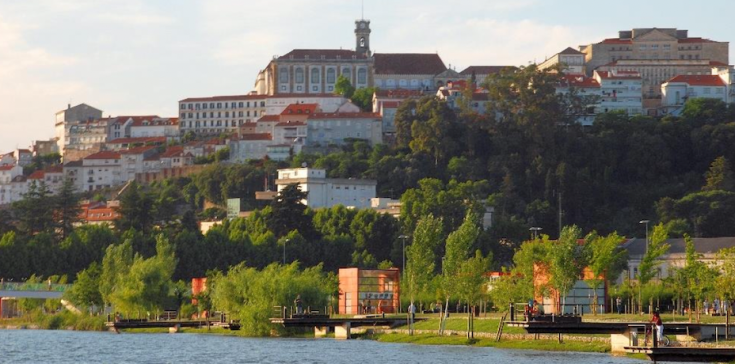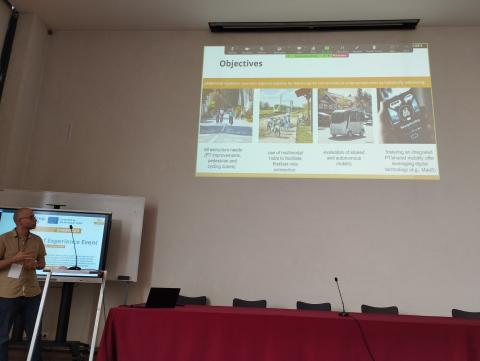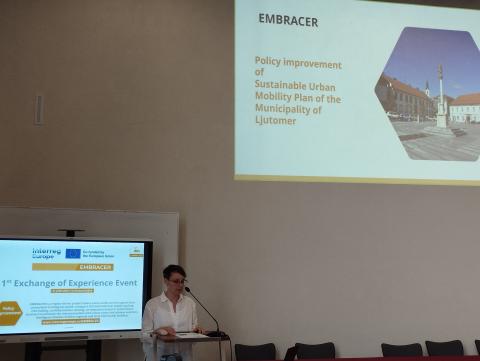EMBRACER: ensuring connectivity of underserved populations

During the first Exchange of Experience event under the EMBRACER Project, which was held in Coimbra and Aveiro in Portugal from the 31st of May to the 1st of June, 2023, project partners discussed the main mobility challenges within their regions, with a special focus on or people with different needs.
The 2-day event gathered together more than 50 participants from different entities and it focused on discussing and building new mobility ecosystems to meet the mobility needs of the general population inclusively and equitably.

On the first day, under the thematic seminar on “Innovative tools and approaches for connecting underserved areas’, keynote speakers shared their experience and vision to improve mobility for all. It was highlighted the need for rethinking mobility solutions and some key actions and factors were referred to as fundamental:
• Important to build trust between stakeholders in both urban and suburban areas;
• Empower communities and stakeholders to work together from design to implementation and evaluation of development;
• Identify the real needs of the area using co-creation/co-design methods, so that the best solutions that maximise the use of existing resources can be identified;
• Understand the potential of innovative mobility solutions, such as dynamic demand-responsive transport
• Identify funding streams and cost price model for service to be provided (fares or charges);
• Ongoing evaluation of service performance by stakeholders to support the decision-making process for continuous improvement.
Therefore, a great deal of importance was pointed out to multi-stakeholder involvement in the success of specific mobility solutions connecting underserved populations and opening up or improving access to less densely populated areas through flexible transport, in many cases as a complement to existing transport modes. MaaS integrations can be the basis for providing a better travel experience, as well as promoting and facilitating the adoption of more environmentally friendly behaviors with more sustainable transport choices.
In the afternoon of the first day, participants had the opportunity to better understand the project behind the Metrobus Project for Coimbra, which was conceived based on the idea of reducing the ecological footprint of regional mobility through the use of electric articulated buses and contributing to the quality of the urban areas by expanding the public transport offer, with an on-site visit following an interesting presentation by João Marrana.

On the second day, Project Partners shared the current status and challenges of their regions in the capacity-building workshop focused on “Regional challenges to better adapt the mobility systems: how to achieve seamless intermodal mobility?”. It was an opportunity to discuss current challenges, goals and possible solutions that may be relevant to improve each regional policy instrument. Promoting sustainable multimodal urban mobility as part of the transition to a zero-carbon economy, prioritizing public transport coverage through the development of flexible and integrated transport solutions, investing in intermodal hubs, developing micro-mobility solutions for both transport of people and goods, as well as innovative and technology-driven mobility solutions as automated shuttles for connecting different areas were considered points of primary attention for improving mobility services in every region of the partnership.
The final part of the last day was devoted to the Steering Group meeting, where Project Partners from Italy and Ireland participated virtually, in which financial and communication issues were discussed.
Main contact/ Local Organising Team:
Eloísa Macedo ([email protected])
Jorge Bandeira ([email protected])
Ana Faria ([email protected])